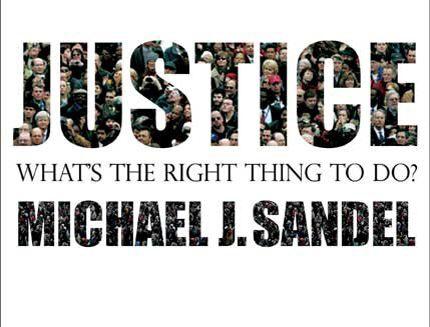Bonus: more books! Here are several other books I’ve picked up in the last two months. Unlike yesterday’s haul, I haven’t read these cover to cover, but I’ve read parts of all of them and plan to consult them again in the future.
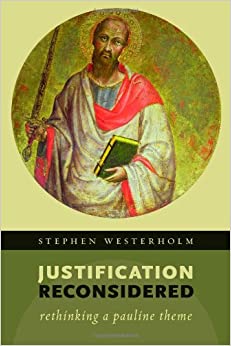 Stephen Westerholm, Justification Reconsidered: Rethinking a Pauline Theme (Eerdmans, 2013). “How can sinners find a gracious God? The question is hardly peculiar to the modern West; it was provoked by Paul’s message wherever he went. But Paul was commissioned, not to illuminate a crisis, but to present to a world under judgment a divine offer of salvation. . . .Paul’s answer was that sinners for whom Christ died are declared righteous by God when they place their faith in Jesus Christ” (22). This is why I find Westerholm’s book on justification so refreshing.
Stephen Westerholm, Justification Reconsidered: Rethinking a Pauline Theme (Eerdmans, 2013). “How can sinners find a gracious God? The question is hardly peculiar to the modern West; it was provoked by Paul’s message wherever he went. But Paul was commissioned, not to illuminate a crisis, but to present to a world under judgment a divine offer of salvation. . . .Paul’s answer was that sinners for whom Christ died are declared righteous by God when they place their faith in Jesus Christ” (22). This is why I find Westerholm’s book on justification so refreshing.
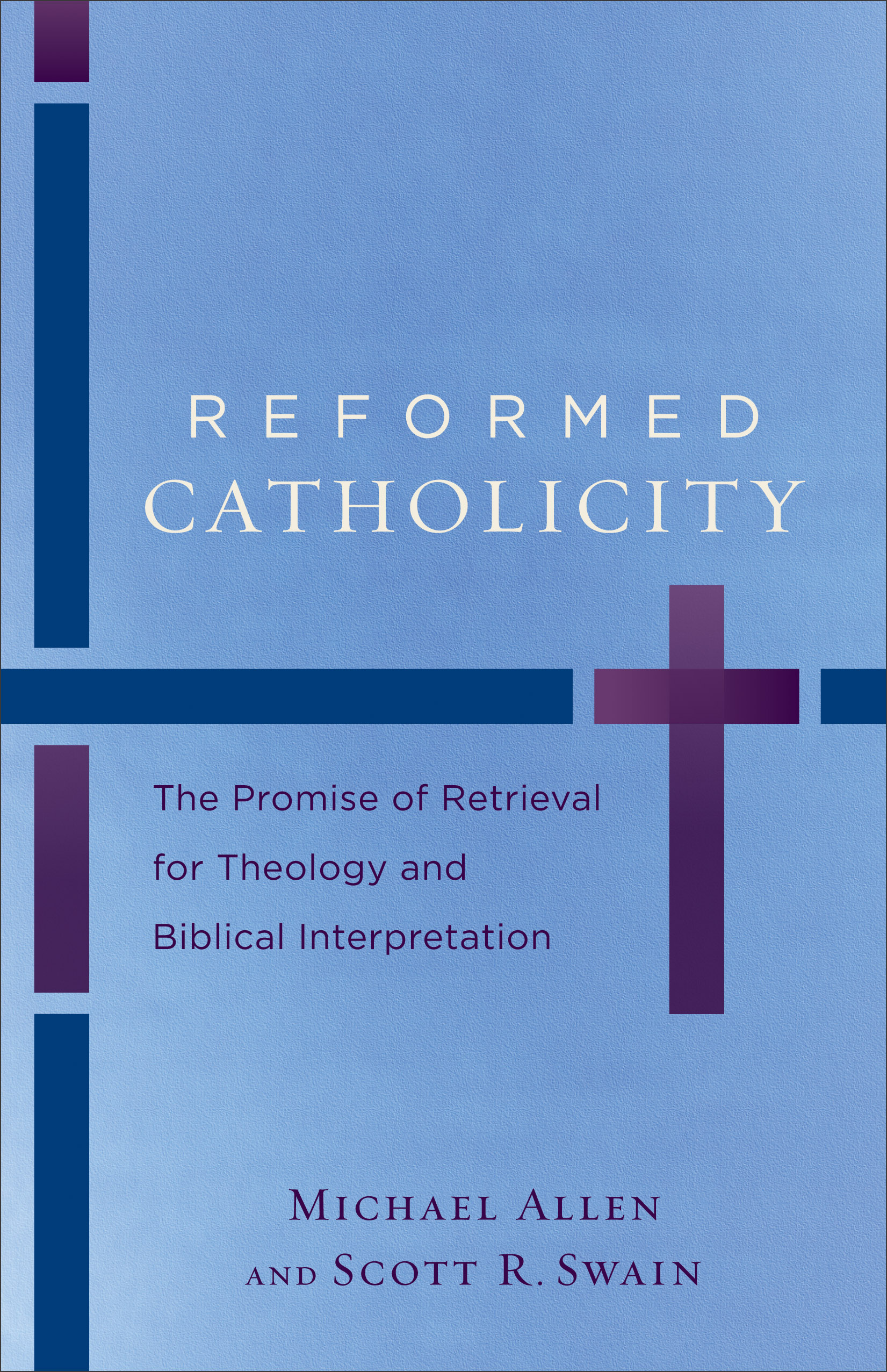 Michael Allen and Scott R. Swain, Reformed Catholicity: The Promise of Retrieval for Theology and Biblical Interpretation (Baker Academic, 2015). “Reformed catholicity is a theological sensibility, not a system. And this book is merely a manifesto, not a full-blown theological methodology. . . .Our thesis is that there are Reformed theological and ecclesiological warrants for pursuing a program of retrieval, that we can and should pursue catholicity on Protestant principles, and that pursuing this path holds promise for theological and spiritual renewal” (12-13). A thesis worth exploring. I hope to read more.
Michael Allen and Scott R. Swain, Reformed Catholicity: The Promise of Retrieval for Theology and Biblical Interpretation (Baker Academic, 2015). “Reformed catholicity is a theological sensibility, not a system. And this book is merely a manifesto, not a full-blown theological methodology. . . .Our thesis is that there are Reformed theological and ecclesiological warrants for pursuing a program of retrieval, that we can and should pursue catholicity on Protestant principles, and that pursuing this path holds promise for theological and spiritual renewal” (12-13). A thesis worth exploring. I hope to read more.
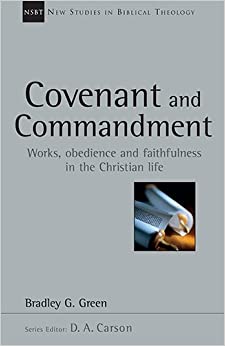 Bradley G. Green, Covenant and Commandment: Works, Obedience and Faithfulness in the Christian Life (Apollos, 2014). I’m a big fan of this series (even if they eschew the Oxford comma). Green makes a compelling case that “in the new covenant, works are a God-elicited and necessary part of the life of the converted person” and that is a “constant theme in the New Testament” (17).
Bradley G. Green, Covenant and Commandment: Works, Obedience and Faithfulness in the Christian Life (Apollos, 2014). I’m a big fan of this series (even if they eschew the Oxford comma). Green makes a compelling case that “in the new covenant, works are a God-elicited and necessary part of the life of the converted person” and that is a “constant theme in the New Testament” (17).
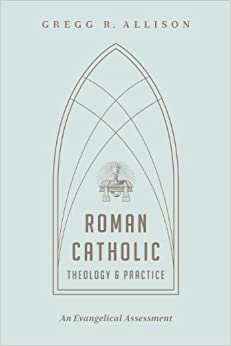 Gregg R. Allison, Roman Catholic Theology and Practice: An Evangelical Assessment (Crossway, 2014). We’ve needed a book like this for awhile–a bona fide evangelical who takes a careful, measured look at official Roman Catholic dogma, not in order to take cheap potshots and not in a futile attempt to act like we agree on everything that really matters. I expect to use this resource often.
Gregg R. Allison, Roman Catholic Theology and Practice: An Evangelical Assessment (Crossway, 2014). We’ve needed a book like this for awhile–a bona fide evangelical who takes a careful, measured look at official Roman Catholic dogma, not in order to take cheap potshots and not in a futile attempt to act like we agree on everything that really matters. I expect to use this resource often.
 Sean Michael Lucas, On Being Presbyterian: Our Beliefs, Practices, and Stories (P&R Publishing, 2006). I got the book to brush up on my PCA history, but there is a plenty of good stuff here besides that one chapter. I enjoy reading Sean’s writing, especially his historical work.
Sean Michael Lucas, On Being Presbyterian: Our Beliefs, Practices, and Stories (P&R Publishing, 2006). I got the book to brush up on my PCA history, but there is a plenty of good stuff here besides that one chapter. I enjoy reading Sean’s writing, especially his historical work.
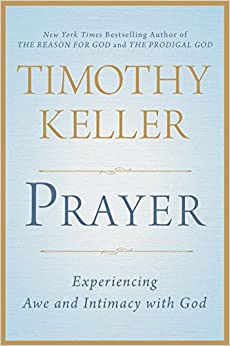 Timothy Keller, Prayer: Experiencing Awe and Intimacy with God (Dutton, 2014). Practical, personal, and indebted to the Reformed tradition. I used the book when I was preaching through the Lord’s Prayer.
Timothy Keller, Prayer: Experiencing Awe and Intimacy with God (Dutton, 2014). Practical, personal, and indebted to the Reformed tradition. I used the book when I was preaching through the Lord’s Prayer.
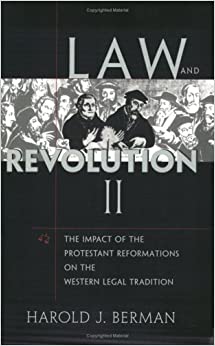 Harold J. Berman, Law and Revolution II: The Impact of the Protestant Reformations on the Western Legal Traditions (Belknap Press, 2003). Building on his earlier work which rooted the Western legal tradition in medieval Catholicism, Berman in this volume argues that the Western legal tradition was transformed by two subsequent revolutions: the sixteenth-century German Revolution (Lutheran Reformation) and the seventeenth-century English Revolution (Calvinist Reformation).
Harold J. Berman, Law and Revolution II: The Impact of the Protestant Reformations on the Western Legal Traditions (Belknap Press, 2003). Building on his earlier work which rooted the Western legal tradition in medieval Catholicism, Berman in this volume argues that the Western legal tradition was transformed by two subsequent revolutions: the sixteenth-century German Revolution (Lutheran Reformation) and the seventeenth-century English Revolution (Calvinist Reformation).



